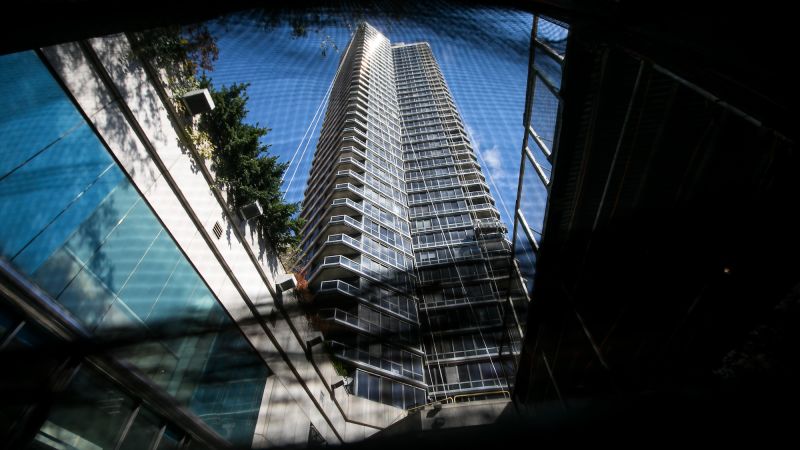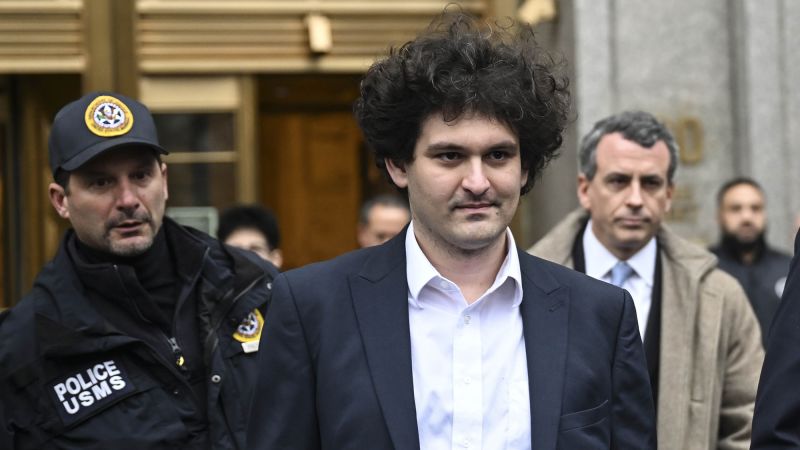Marcelo Montenegro, Bolivia’s Economy Minister, speaks to Reuters in La Paz, Bolivia, on June 30, 2021. Monica Machicao/Reuters (Reuters) – LA PAZ, July 1 (Reuters) – Bolivia’s government is using a combination of fiscal expenditures, vaccines, and gold to try to stabilize the country’s economy, which plummeted the most in almost half a century last year. In an interview with Reuters, Economy Minister Marcelo Montenegro said the Andean government was looking to buy up to 4 tonnes of gold each year to help rebuild foreign reserves, which have fallen to their lowest level since 2006. “The goal is to purchase between 2-4 tonnes of gold every year in such a way that it can be purified and turned into monetary gold,” Montenegro said this week at the ministry in La Paz’s administrative hub. “Gold fluctuates erratically and volatilely, yet it is a worldwide security asset.” The gold will be purchased from local producers by the Central Bank of Bolivia (BCB), Montenegro said, which would help enhance net international reserves. As of June this year, the country’s net reserves have dropped to $4.9 billion, down from a high of nearly $15 billion in 2014. Montenegro, on the other hand, downplayed concerns about liquidity. “At this time, there is no cause for concern or concerns in terms of liquidity,” he stated. He noted that the bank presently holds 43 tonnes of gold, which accounts for 53% of its overseas reserves. ‘RETURN TO NORMALITY’ is a phrase that means “return to normalcy.” Bolivia has had a number of political, economic, and health crises in recent years. In late 2019, then-leftist President Evo Morales resigned and fled the nation amid large protests over a contested election in which he sought re-election for a fourth term. After a period of temporary government, his party regained power last year. The COVID-19 pandemic has also wreaked havoc on the country, with 440,000 illnesses and nearly 17,000 deaths, while its immunization program lags significantly behind that of developed-world countries. Montenegro, on the other hand, sounded cautiously hopeful, stating that mining, gas production, building, and manufacturing were all contributing to a fledgling rebound, which he predicted would lift growth to 5% in the first half of the year. “This year’s growth will be 4.4 percent. We hope there will be more in the future “he stated According to official data, the more than 8% contraction in 2020 was the worst since the “first big Bolivian crisis” in 1953, when the economy shrank by 9.4%. Montenegro claims that the rebound will be fueled by a $4 billion public investment in infrastructure projects that will produce jobs and service contracts, as well as low-cost loans for small businesses. The government has also begun to provide payments to ease poverty and hunger, and it is considering raising taxes on the wealthy. Strong global commodity prices for gas, minerals, and soy, according to Gonzalo Chavez, a Bolivian economist, have boosted the economy, albeit it remains shaky. “Our economy is tremendously vulnerable to global economic volatility,” he warned. Montenegro also stated that expanding the vaccine campaign is “critical.” According to a Reuters tracker, Bolivia has given out about 2.5 million doses of COVID-19 vaccines, enough to cover around 11 percent of the country’s 11.7 million people. President Luis Arce stated on Wednesday that inoculations will be available to anybody over the age of 18, citing the necessity for “people to be safeguarded from the disease” as the economy began to recover after being immobilized last year. He went on to say that in July and August, there would be a “massive” vaccine push, with 1 million doses arriving every ten days starting July 10, including Russia’s Sputnik V and deals with China’s Sinopharm (1099.HK) and J&J’s (JNJ.N) Janssen. “This allows individuals to get back to normal,” Montenegro said. “And to continue conducting business in the most usual manner feasible.” Daniel Ramos contributed reporting from La Paz, while Adam Jourdan and Dan Grebler edited the piece. The Thomson Reuters Trust Principles are our standards./n
Read MoreEXCLUSIVE Bolivia seeks to stabilize economy with vaccines and gold, minister says
2021-07-01T16:00:14-04:00July 1st, 2021|
/cloudfront-us-east-2.images.arcpublishing.com/reuters/2YJ26UCPORMCFHI6PURQRMGSTM.jpg)




